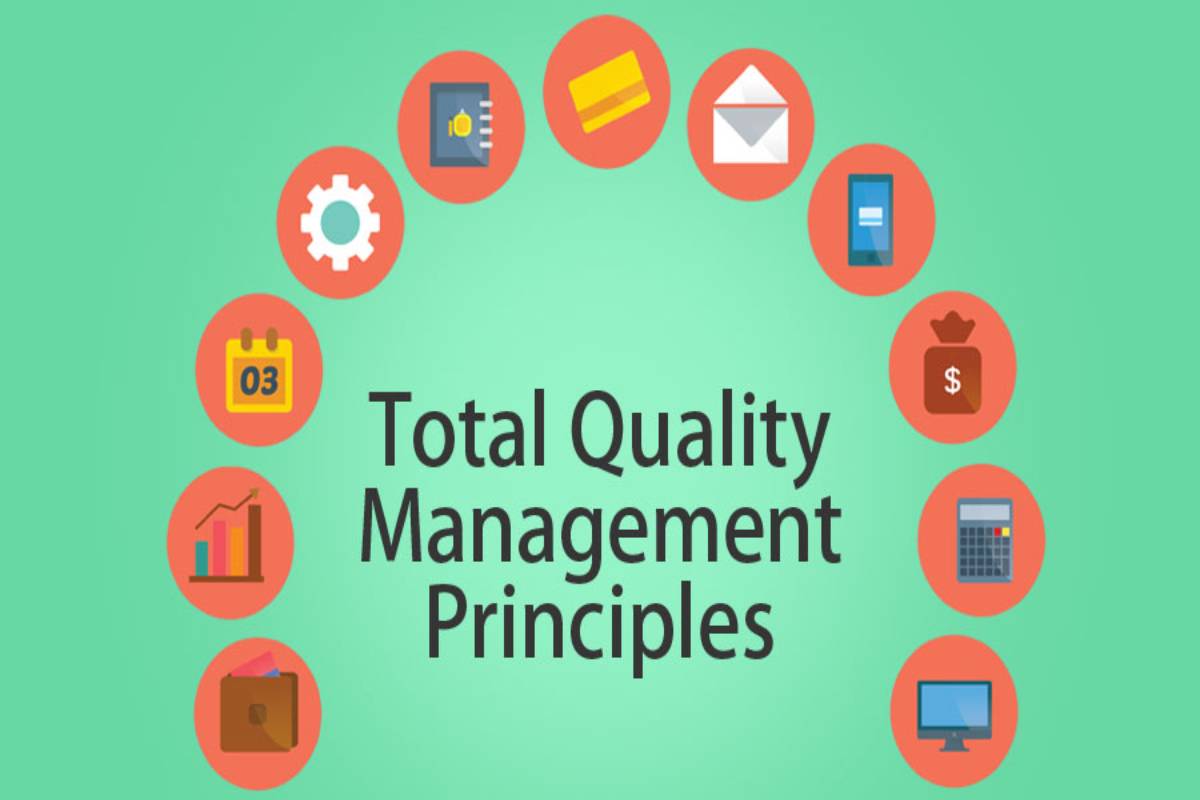Table of Contents
What is Total Quality Management?
In this paragraph, Is Not A Process Tools For TQM Systems? A core definition of a total quality management approach to long-term success is customer satisfaction. All members of an organization participate in improving processes, products, services, and the culture they work.
Primary Elements Is Not A Process Tools For Tqm Systems
TQM can be summarized as a customer-focused group organization system that involves all employees in continual improvement. Is not a process tools for TQM systems Many of these concepts are present in a modern quality management system, the successor to TQM.
- Total Employee Involvement: Moreover, All the employees participate in working towards common goals. High-performance work systems integrate continuous improvement efforts with normal business operations. Self-managed effort teams are one form of empowerment.
- Customer Focused: Moreover, The customer eventually determines the level of quality. Meanwhile, no matter what an organization does to foster quality improvement, training employees, integrating quality into the design process, or upgrading computers or software, the customer determines whether the efforts were worthwhile.
- Strategic and Systematic Approach: Moreover, A dangerous part of running quality is the systematic approach to attaining an organization’s vision, mission, and goals. This process, called strategic planning or management, includes formulating a strategic plan that integrates quality as a core component.
- Integrated System: Furthermore, a society may consist of many different functional specialities often organized into a vertically structured department. The flat processes interconnecting these functions are the focus of TQM.
- Process-Centered: Basically, a fundamental part of TQM is a focus on process thinking. A method is a series of steps to take inputs from suppliers (internal or external) and transform them into outputs delivered to customers (internal or external). The steps required to carry out the process are defined, and performance measures are continuously monitored to detect unexpected variations.
- Continual Improvement: A prominent feature of TQM is continual process improvement. Continual improvement drives a group to be analytical and creative in discovering ways to become more modest and more effective at meeting stakeholder expectations.
- Communications: During organizational changes and day-to-day operations. That is to say, adequate infrastructures play a large part in maintaining confidence. Motivating morale, and motivating employees at all levels.
- Fact-Based Decision Making: Moreover, in instruction to know how well a group performs, performance measures are necessary. On the other hand, TQM requires that an organization repeatedly collect and analyze data to improve choice-making accuracy, achieve agreement, and allow prediction based on history.
More Is Not A Process Tools For Tqm Systems Information
- Benefits of Total Quality Management
- Implementing Total Quality Management
- History and Development of Total Quality Management
- Deming’s 14 Opinions for Total Quality Management
TQM Capitals
In conclusion, you can also hunt articles, case studies, and publications for TQM capitals.
Books
In addition, the Expert Manager of Quality/Organizational Excellence Handbook
From Quality to Business Excellence: A Systems Approach to Management
Juran, Quality, and a Century of improvement
Insights to Performance Excellence 2019-2020

